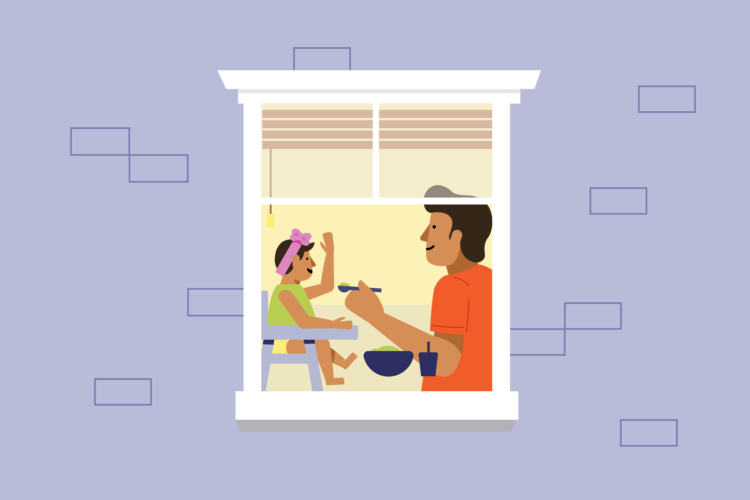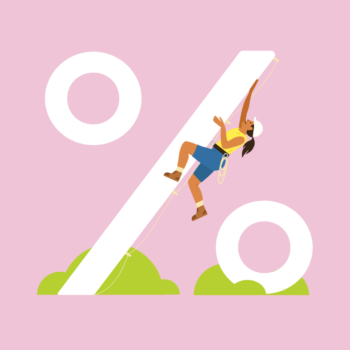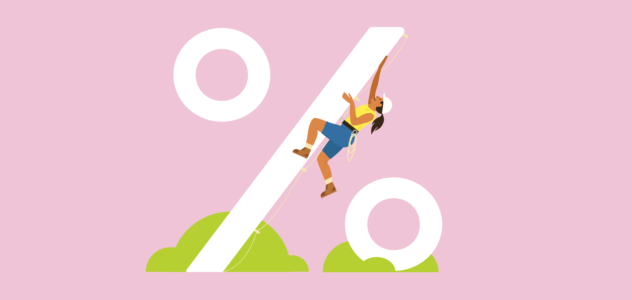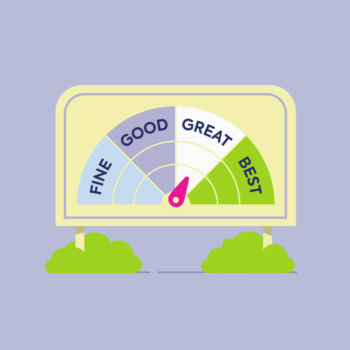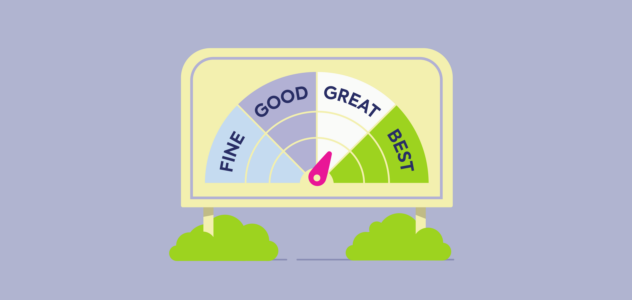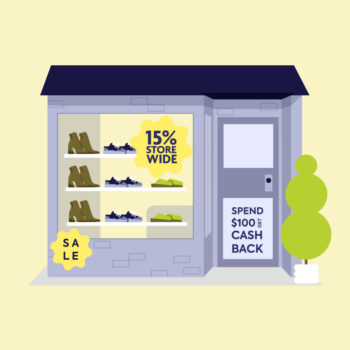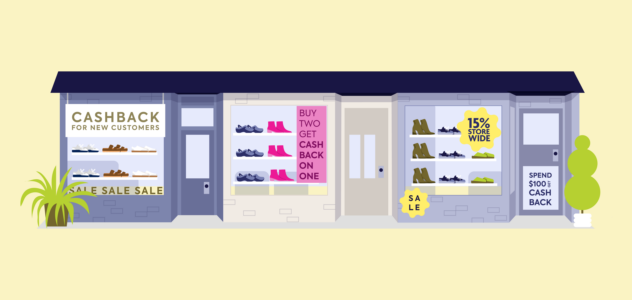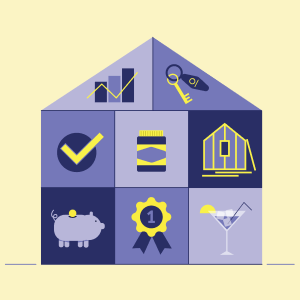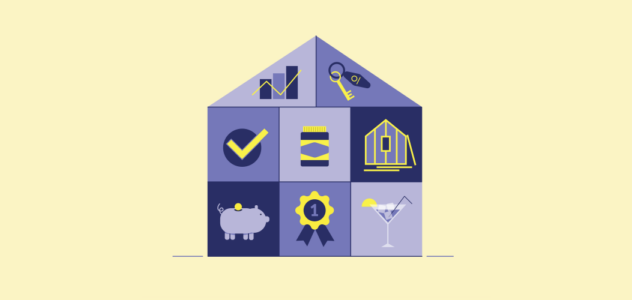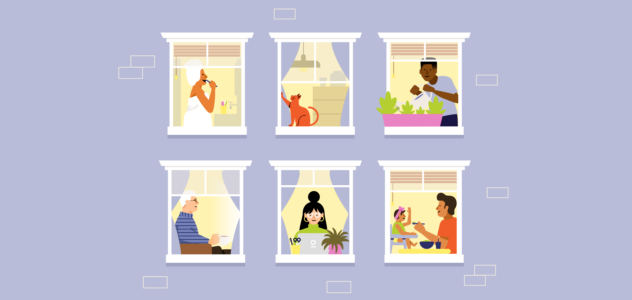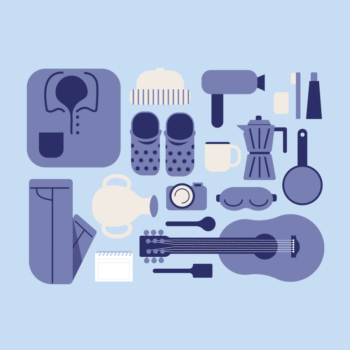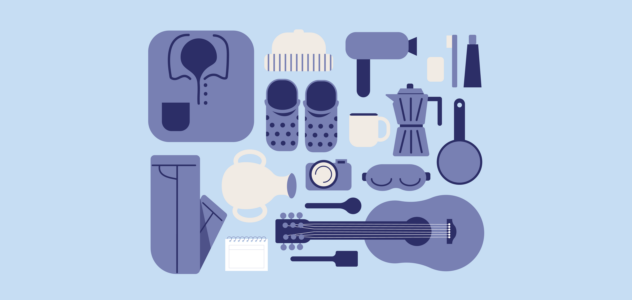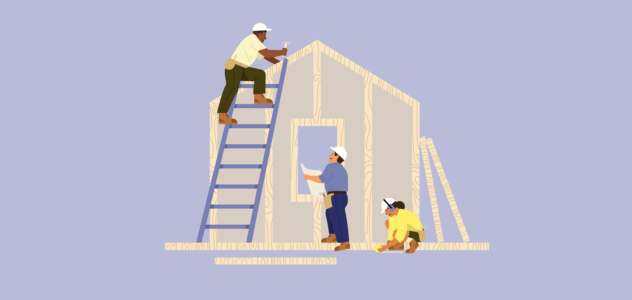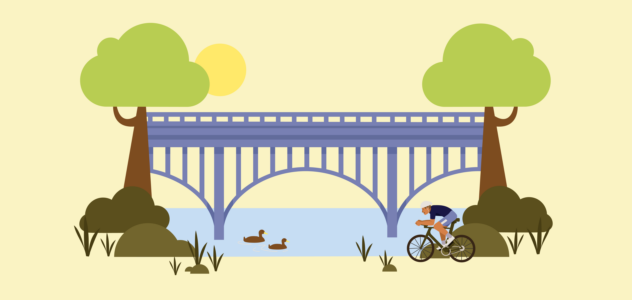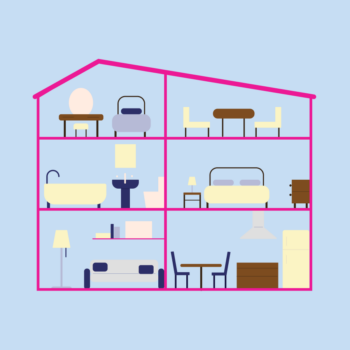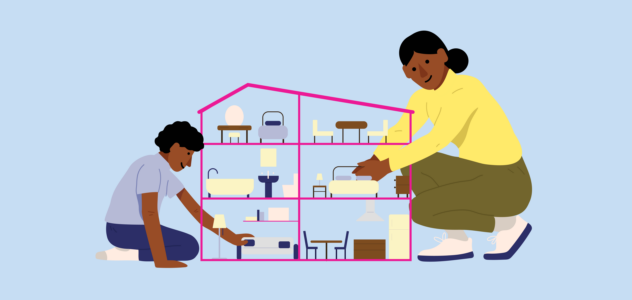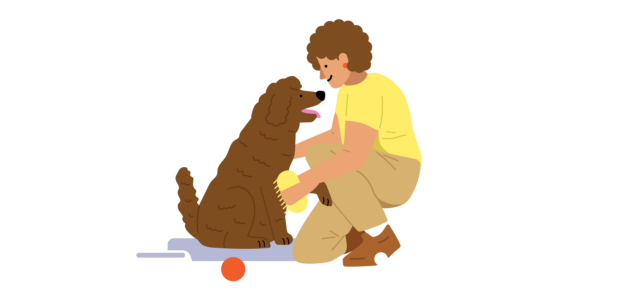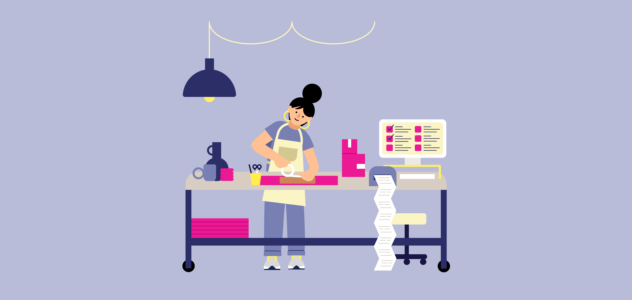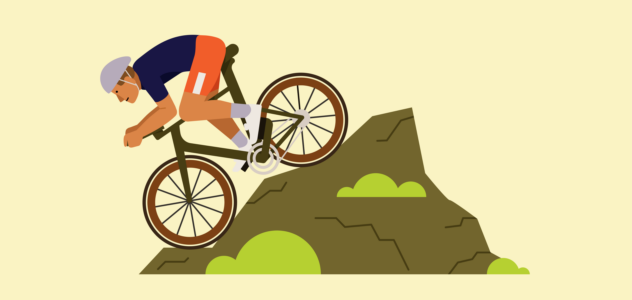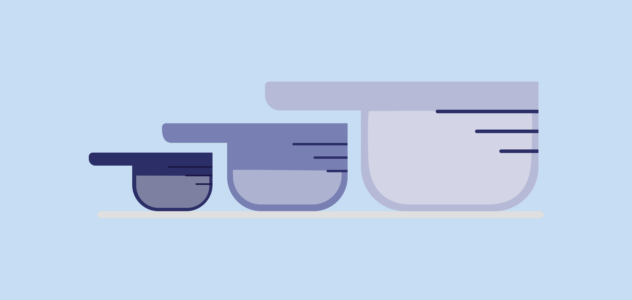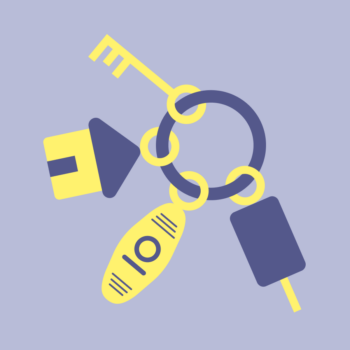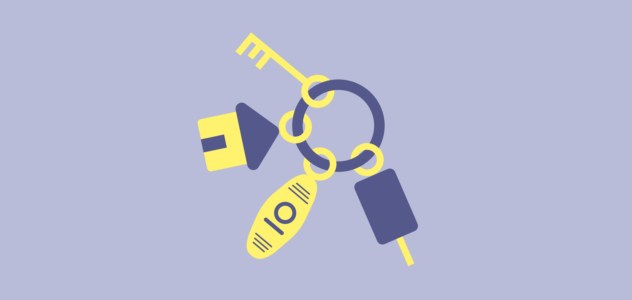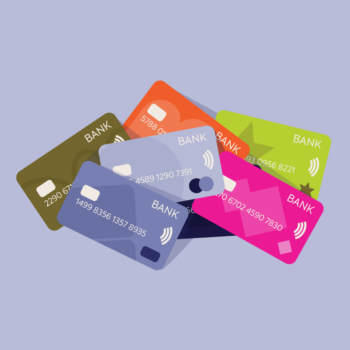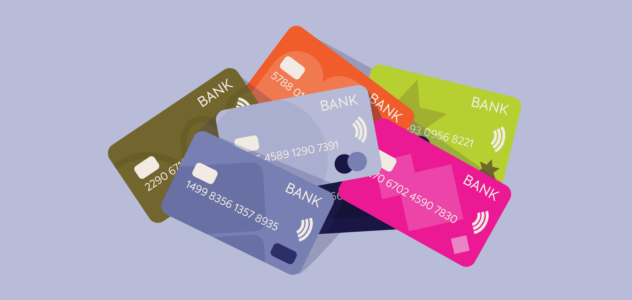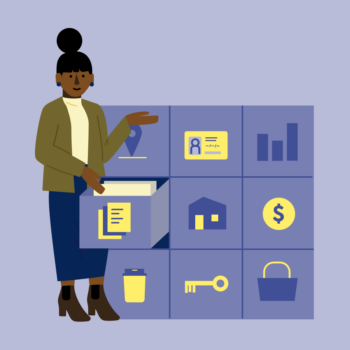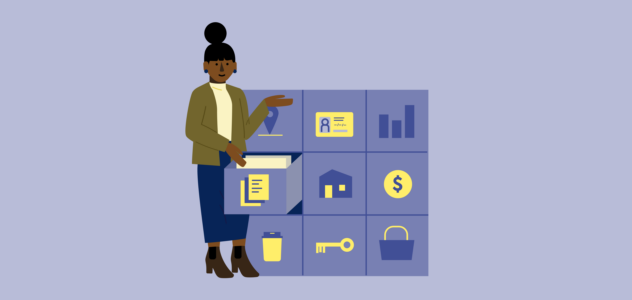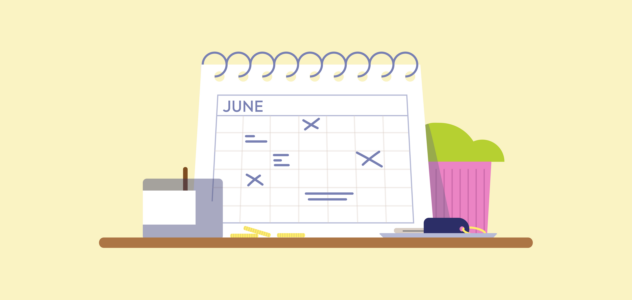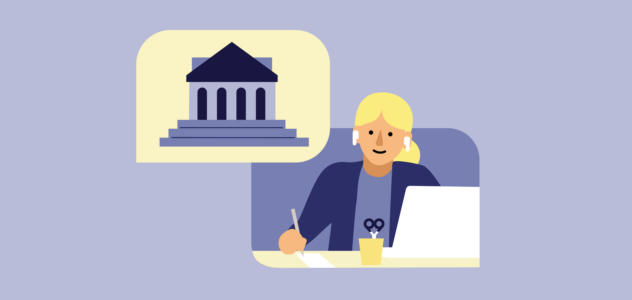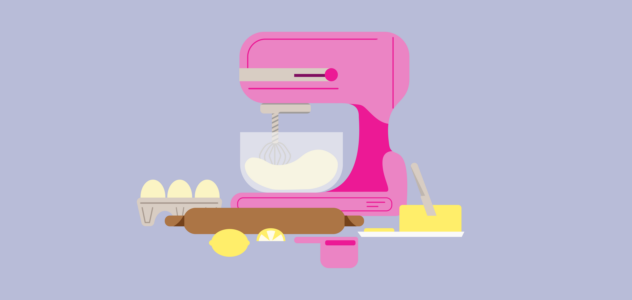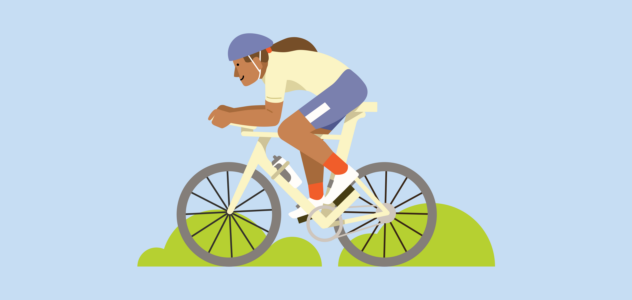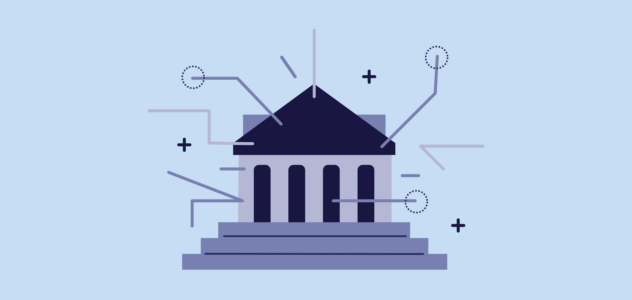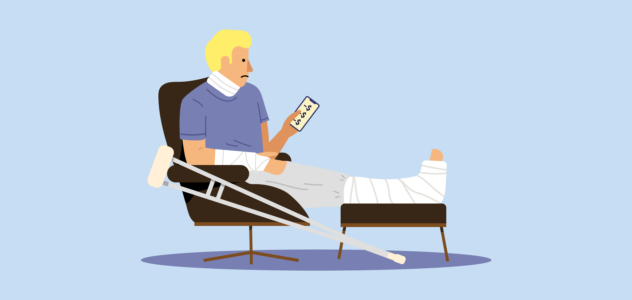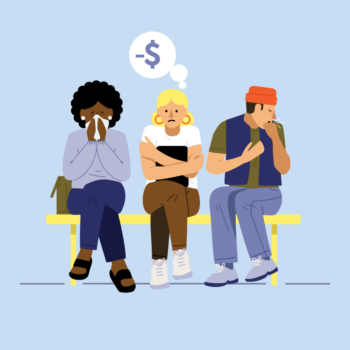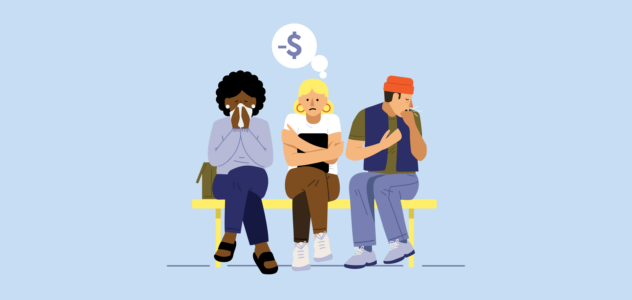Last year, Australian households paid $3.9bn in bank fees1.
That’s an average of around $425 in bank fees per household. Sigh.
Finspo is here to help you get on top of your banking, including reducing the fees you pay. If you’re interested to learn more about bank fees and what they could be costing you, read on!
Keep reading and you’ll see:
- How much banks charged in fees
- The fees charged on different banking products
- How you can get on top of your banking fees
Banking is expensive. Like, $3.9bn expensive
The RBA’s annual report on Bank Fees in Australia tells us that in 2019, banks’ total income from fees was $12.3bn. $3.9bn was fees charged to households and $8.4bn was fees charged to businesses.
Good news is that this is down for the second year in a row. Bad news is that $3.9bn is still a heck of a lot of money.
It’s more than Australians spend on public transport ($2.7bn) or coffee and tea ($1.6bn) each year2.
It’s also an average of around $425 per household. On bank fees. Per year. Yuck.
And that’s just the fees, that’s not including the (much larger) interest charges.
Where are all the fees coming from?!
Banks charge fees across a range of products including credit cards, home loans, personal loans and deposit & savings accounts. In 2019, fee income across these products was:
| $ million | |
|---|---|
| Home Loans: | 1,087 |
| Credit Cards: | 1,702 |
| Personal Loans: | 325 |
| Deposits & Savings Accounts: | 744 |
| Other: | 59 |
| Total: | 3,917 |
But what does that mean for you?
Below you can see the average amount of fees paid by Australian households for different products3. For example, if you’re a household with a home loan, credit card and savings account, the average bank fees you could have paid was $605!
| Home Loans: | $319 |
| Credit Cards: | $205 |
| Personal Loans: | $88 |
| Deposits & Savings Accounts | $81 |
So how do you compare?
Now you have an indication of the average fees, are you starting to wonder how you actually compared? Did you pay less than average (nice) or more (urgh)?
1 Source: RBA Bank Fees in Australia – 18 June 2020.
2Source: MoneySmart.gov.au Australian Spending Habits. https://moneysmart.gov.au/australian-spending-habits
3 RBA data tells us that 37% of households have a home loan in Australia. We assumed 90% of households have a credit card, RBA data tells us that 36% of Australian households have a personal loan and we assumed the fees for deposit accounts are distributed evenly across households. Sources: RBA Statistical Tables E07; Finder Credit Card Statistics; ABS Census Data 3236.0
Things you need to know: Unless otherwise indicated, information is current as at publication. This information is general only and is not intended to include any recommendation or suggestion, or constitute any financial product advice or credit assistance about any of the products referred to in this document. Please consider whether this information is right for you before making any decisions and seek professional independent tax or financial advice. Conditions and fees may apply.
